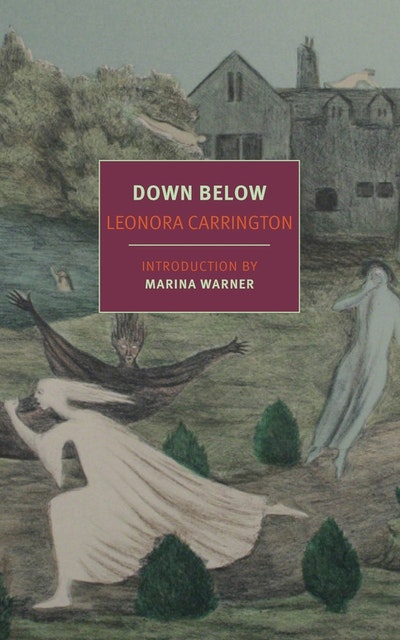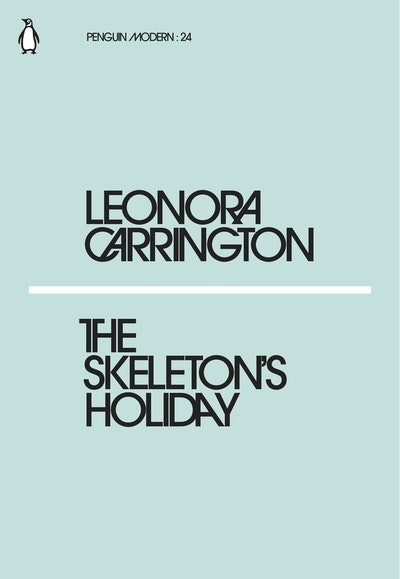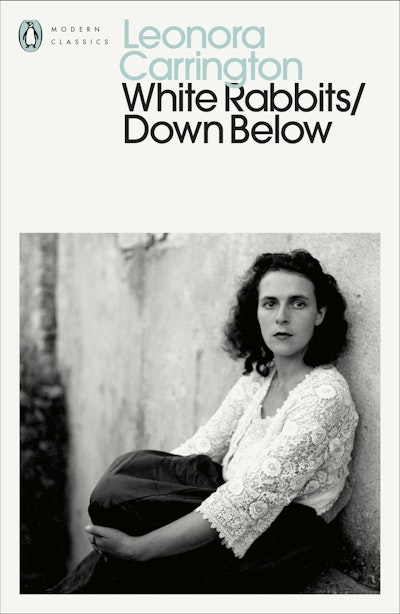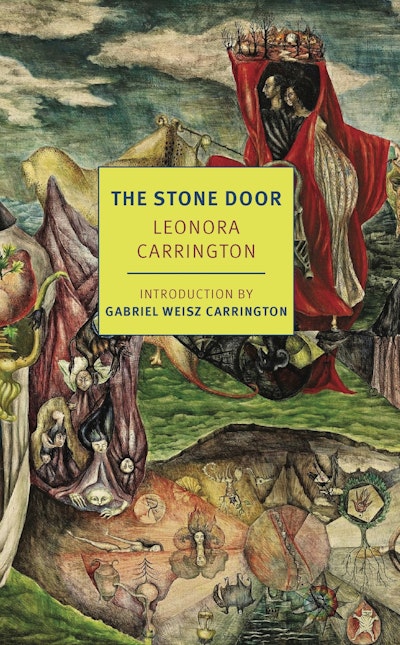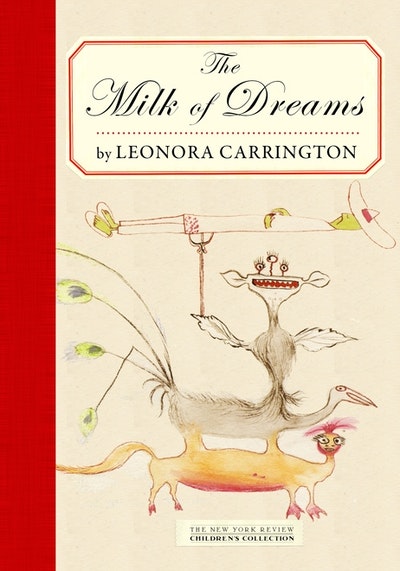- Published: 15 April 2017
- ISBN: 9781681370606
- Imprint: NY Review Books
- Format: Paperback
- Pages: 112
- RRP: $32.99
Down Below
- Published: 15 April 2017
- ISBN: 9781681370606
- Imprint: NY Review Books
- Format: Paperback
- Pages: 112
- RRP: $32.99
"Here Carrington recounts with frightening precision the mental breakdown she suffered after Ernst...was put into a concentration camp...Down Below offers convincing proof that her sensibility remained fully intact after her ordeal." --Richard Burgin, The New York Times
"[A] mystical remembrance of her dementia and a painfully visceral glimpse into the nature of madness." --Christie's
"A spiritual descent to the underworld...that hover[s] between the ordinary, everyday world and another zone of dreams or death." --The Guardian
"Down Below, though nonfiction, is just as vivid as her more surreal prose... It's a striking glimpse into her life and into a troubled mind, the occasional forays into surreal imagery only deepening the experience." --Tobias Carroll, The Paris Review
"Best known, because she was Max Ernst's lover, as a Surrealist wild-child and muse. But her own work is unique, startling, completely original, a cutting-edge all on its own." --Ali Smith, Artful
"A 'breakthrough' to another dimension, to a world of magical and visionary domains." --Gloria Orenstien, Theater of the Marvelous: Surrealism and the Contemporary Stage
"It is a harrowing account, not least because the Carrington who is telling the story refuses to adopt a safely distant perspective; she tries, instead, to convey the experience of madness as it was lived, from the inside...Down Below is fascinating not only in its own right, but also when read in conjunction with Carrington's novels written in the 1950s." --Susan Ruban Suleiman, Women's Review of Books
"For Carrington, the asylum becomes an ontological investigation of a new world, with the artist occupying a position somewhere between Robinson Crusoe and Gulliver, trying to excavate a system from her experience." --Joanna Walsh, Verso blog
"A powerful account." --Jeff VanderMeer, Omnivoracious
"Among the Surrealist texts that contemplate the mind free of societal constraints, Carrington's work shows another side to madness, stripping it of any vestiges of romance." --Ann Hoff, Journal of Modern Literature
"[A] searing novel." --Tate Museum
